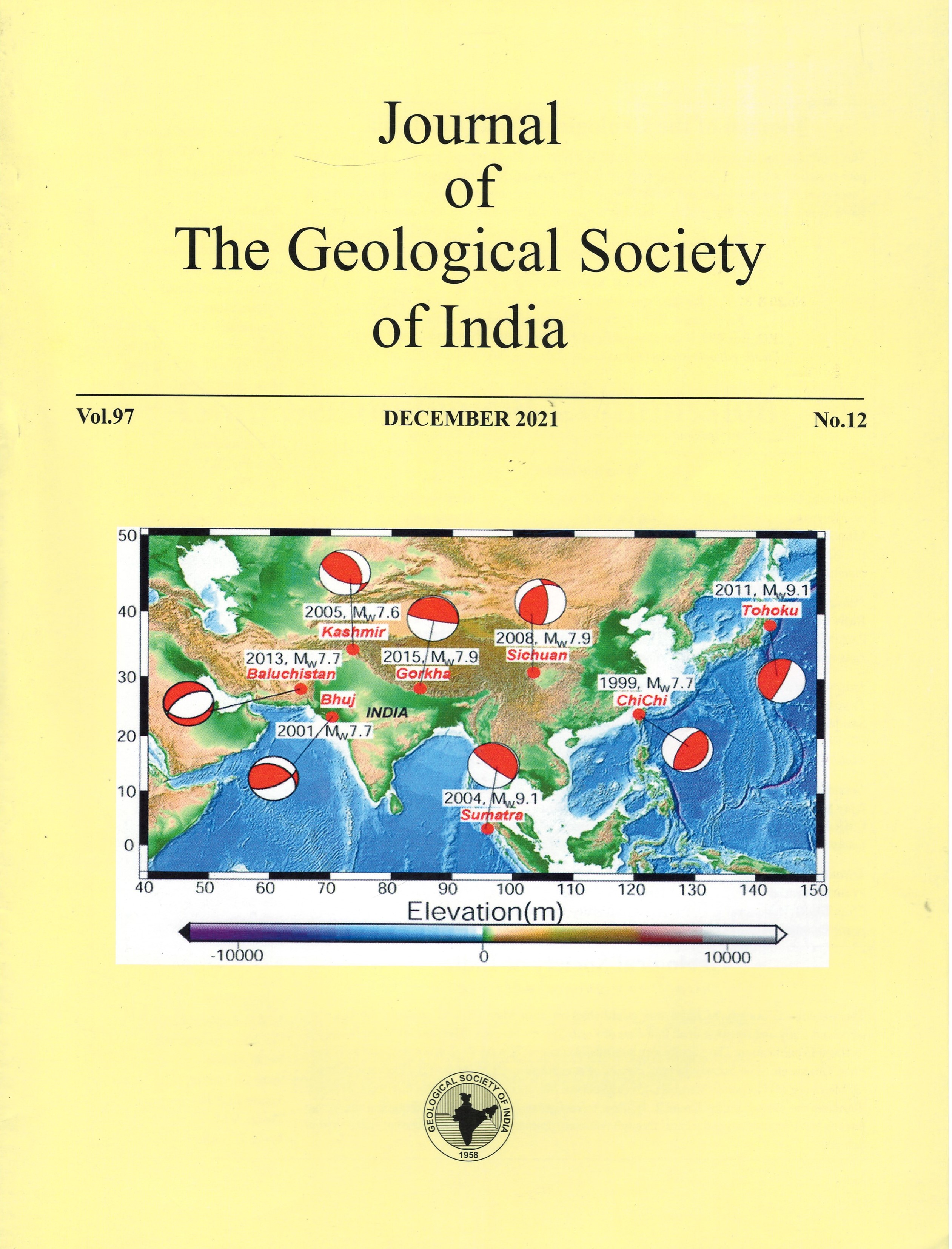Testing Earthquake Prediction Algorithms
DOI:
https://doi.org/10.1007/s12594-021-1907-8Keywords:
No keywords.Abstract
The problem of estimating efficiency and comparing different earthquake prediction algorithms remains pivotal for operational decision making and reducing losses from earthquakes. Healy et al. (1992) considered this problem in terms of strict mathematical analysis of the prediction outcomes in the design of Global Testing of the algorithm M8. For 30 years now, every six months, this earthquake prediction algorithm has been applied globally, determining in real time the areas in which the World’s largest earthquakes are most likely to occur in the current half-year. To date, the statistics of the results obtained in this Global Test indicates, with reliability higher than 99%, a fairly high efficiency of forecasts using the M8 algorithm, as well as in its combination with the MSc algorithm, which specifies the localization of the source zone of the expected earthquake. Thus, the null hypothesis of random occurrence in seismically active regions is rejected with seismological certainty, at least for the World’s largest earthquakes. The results of this experimental testing are an indirect confirmation of the predictability of strong earthquakes, as well as the existence of common dynamic characteristics and diverse behavior during phase transitions in a complex hierarchical nonlinear system of faults-and-blocks of the Earth’s lithosphere (Keilis-Borok, 1990).

 Vladimir G. Kossobokov
Vladimir G. Kossobokov






